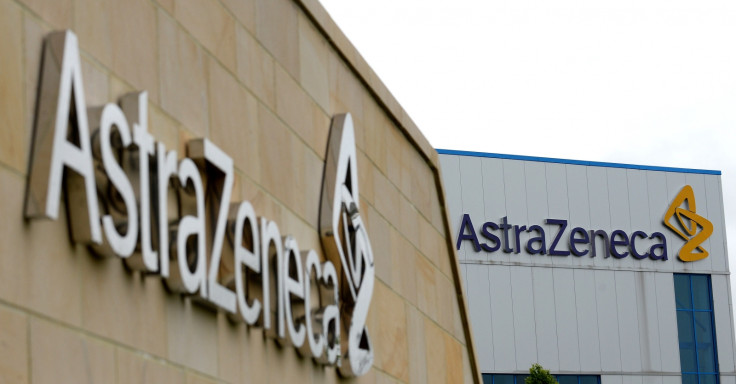AstraZeneca virus vaccine final phase trials resume after setback: University of Oxford
Even though the delay might have surprised the public, those involved with the development of vaccines and drugs are familiar with instances such as this.
Last week, one of the volunteers for AstraZeneca and the University of Oxford's coronavirus vaccine trials reportedly experienced a sudden illness. This evidently put a temporary hold on the process an investigation was launched to understand what happened. The incident appeared to be the first known report of a potentially severe side effect of the jab. Days after all testing was halted, the biotech group has been instructed to resume studies in all sites across the United Kingdom.
The announcement of the setback was reportedly made on Sept. 7, after one of the subjects exhibited neurological symptoms associated with a rare spinal inflammatory disorder. It was initially suspected to be a case of transverse myelitis, which prompted AstraZeneca to voluntarily pause all activities related to its COVID-19 inoculation experiments until further notice. It also included those being conducted internationally in countries such as South Africa, the United States, and Brazil.
Even though the delay might have surprised the public, scientists involved with the development of vaccines and drugs are already familiar with instances such as this. Wellcome Trust director and Sage member Sir Jeremy Farrar said in an interview: "For me it underlines just how important it is that these vaccine trials are done properly, that they have independent oversight, that the regulator is involved and we can trust and support that regulator and that we take these sorts of pauses seriously."
"Clinical trials for the AstraZeneca Oxford coronavirus vaccine, AZD1222, have resumed in the UK following confirmation by the Medicines Health Regulatory Authority (MHRA) that it was safe to do so," as detailed by the press release from the pharmaceutical company.
It continued: "On 6 September, the standard review process triggered a voluntary pause to vaccination across all global trials to allow review of safety data by independent committees, and international regulators. The UK committee has concluded its investigations and recommended to the MHRA that trials in the UK are safe to resume."

With healthcare systems already struggling to control the outbreak of coronavirus, analysts believe that regulators will fast-track approvals once phase 3 trial results have been peer-reviewed and published by medical journals. The U.K. government reportedly ordered 30 million doses, which is now being mass-produced to ensure there is adequate inventory in the event it is cleared for public use.
© Copyright IBTimes 2025. All rights reserved.





















